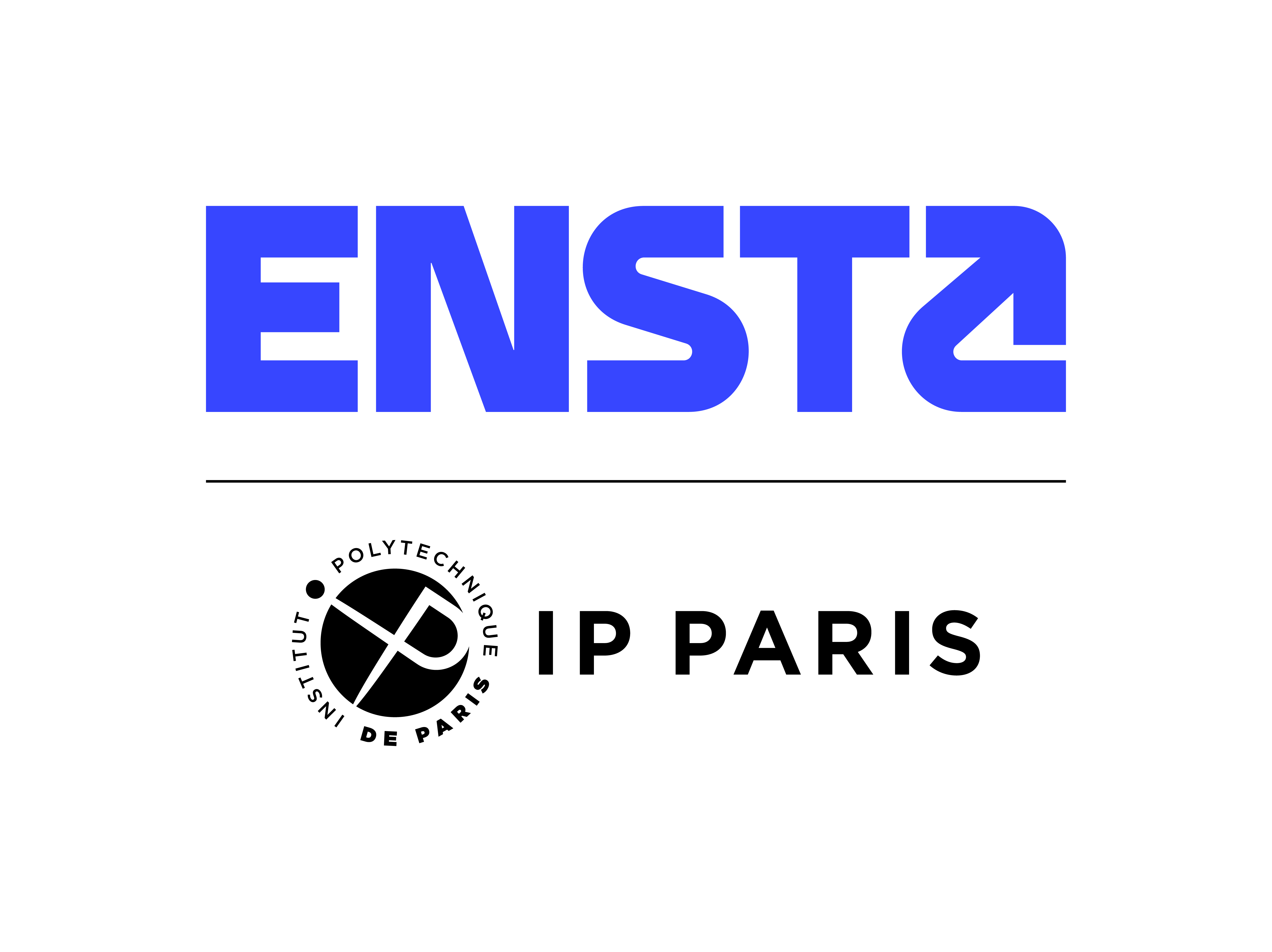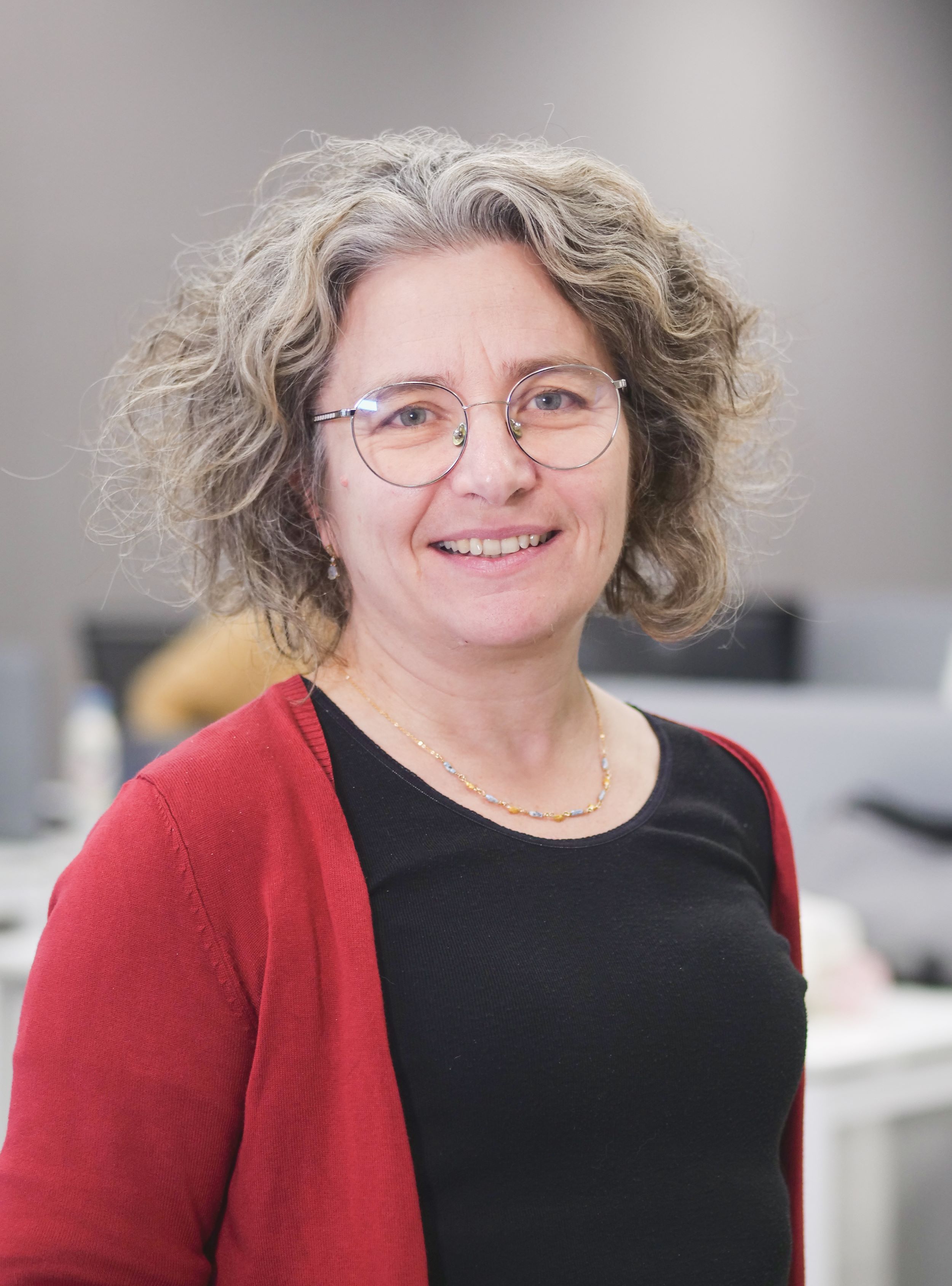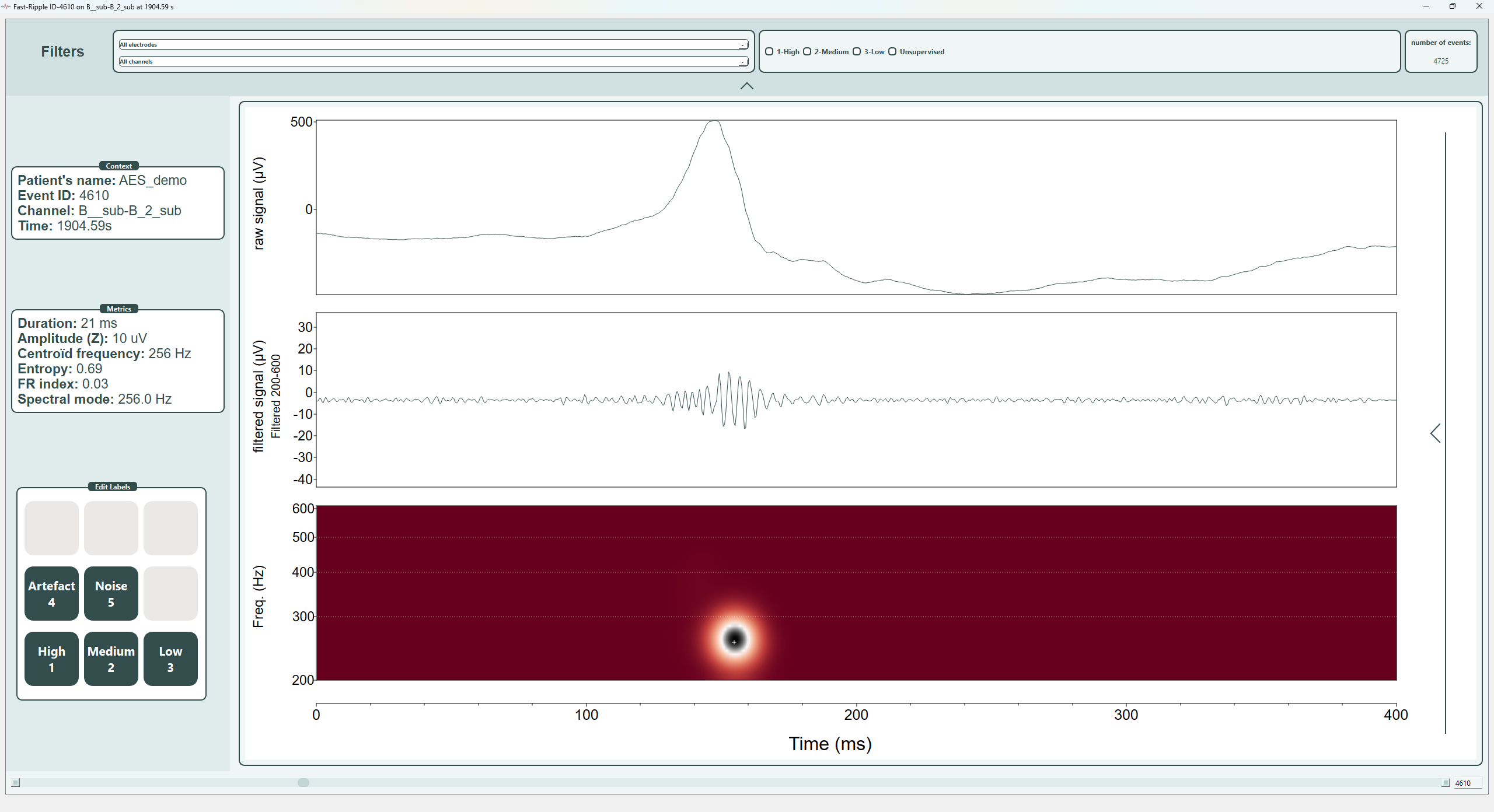The fruit of more than 10 years' research at the CerCO (Brain and Cognition Research Center), Toulouse University Hospital and the French Civil Aviation School, Avrio MedTech aims to provide automatic quantitative analysis of intracranial electroencephalograms. For what purpose? Karine Seymour, ENSTA 96 and head of this startup explains:
” For drug-resistant patients, one of the remaining options is surgery, which removes the focal areas responsible for epileptic seizures. Prior to this, a pre-surgical evaluation is carried out, which involves implanting electrodes in the brain and waiting for the onset of a seizure to identify the diseased area. The analysis of this data, collected 24 hours a day for 2 to 3 weeks, is extremely tedious and depends on the expert eye of the neurologist. Avrio MedTech's contribution is to be able to analyze weak signals, high-frequency oscillations, which complement the neurologist's visual analysis with a quantitative and objective analysis, over the entire duration of the signal, thus enabling the area to be treated to be identified without having to wait for a seizure to be triggered."
With this innovation detecting interictal biomarkers (outside seizure periods), information on the epileptogenic zone is obtained as soon as the patient is implanted, leading to considerable time savings for both the patient and the receiving hospital structure, and above all a more reliable diagnosis.
With the first product now ready to be marketed for research purposes, Karine Seymour is currently canvassing establishments performing intracranial electroencephalograms to sell software licenses. The solution has already been in use in Toulouse for several months, was recently deployed at the Institut du cerveau in Paris, and should soon be used in two other centers.
“We are also targeting industrial companies developing therapeutic applications for which our analyses may be of interest in making therapies more reliable, particularly neurostimulation implants, or new molecules.”
Karine Seymour has been working in the field of image and health data interpretation software since graduating from ENSTA in 1996, and is now at her third start-up in the medical field.
" The solid scientific and generalist training provided at ENSTA was an excellent springboard for my career in the medical field, where you need to be familiar with many scientific disciplines and be able to understand and discuss with doctors. With the very demanding regulatory and legal environment in this field, I felt the need to complete my training in 2014 with an Executive MBA from Toulouse Business School, during which I produced a dissertation on translational medicine, where the aim is to translate laboratory discoveries into concrete medical applications as efficiently as possible. That's exactly what I'm doing today at the head of Avrio MedTech. “





